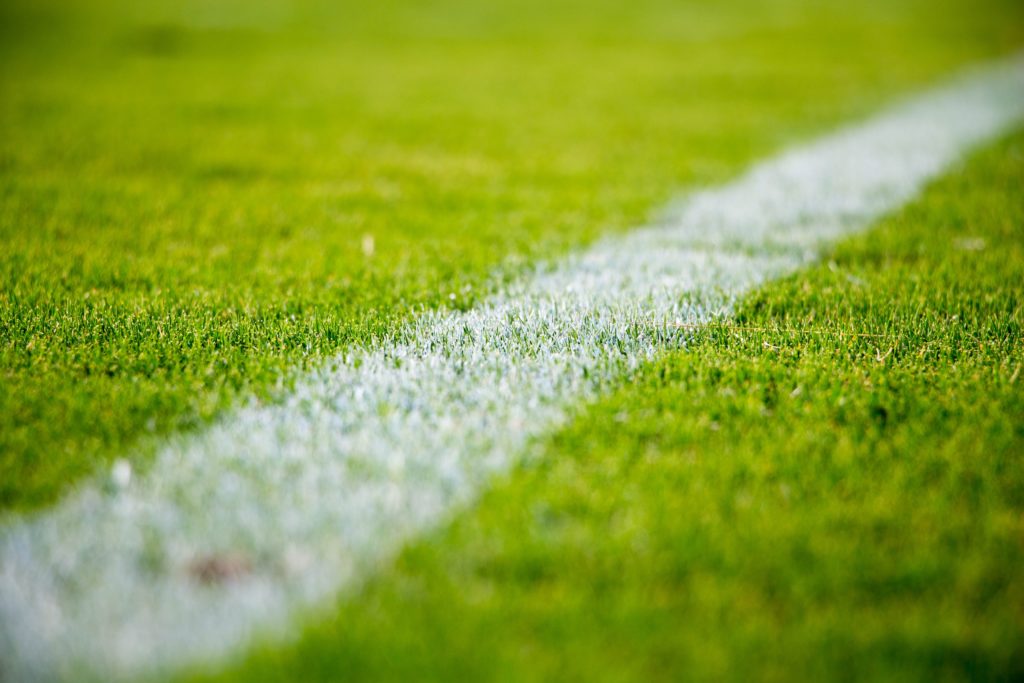Covid Anniversary Blog

As outdoor sports facilities open and organised sports clubs begin to welcome back members, it’s uplifting to note that there have been numerous positive developments in safeguarding children and young people in this sector recently. These include:
- In its latest 10-year plan, Sport England, the body responsible for grassroots sport, have named safeguarding as one of their five main themes and have substantially increased investment into helping sports clubs and national federations create safer sports environments.
- The ‘Safe to Play’ campaign, which aims to ensure young people know how to report a safeguarding concern, was successfully rolled out in tennis in England throughout last year’s lockdowns and is being expanded to other sports this year.
- The government agreed last month (March 2021) to change the law around positions of trust to include adults in supervisory positions in sport, making it illegal for coaches and others in authority positions over athletes in sport to have sex with 16 and 17 year olds in the same way it is for teachers and pupils.
In addition, one of the most inspiring safeguarding development from the past 12 months has come from the young female gymnasts who spoke out against the toxic culture in their sport (see here). Researchers of athlete welfare like myself know how practices such as fat shaming, enforced training while injured, physical violence, and emotional abuse have become so entrenched in some sports that they often go unchallenged.
Physical and emotional abuse rarely attract as much attention or elicit the same emotion as sexual abuse, yet their consequences can be just as devastating. Working together and using the hashtag #gymnastalliance to draw attention to the impact of non-sexual abuse, which are by far the most prevalent forms of abuse in sport, these brave young women forced the sports authorities to act.
A review is now underway into abuse in the sport and British Gymnastics’ handling of complaints, and some athletes are suing the sports’ governing body for negligence and breach of duty. Such unprecedented action has sparked a global movement of athletes speaking out against the dangerous and degrading practices that have become normalised as part of many sports. Through collective action and dogged determination, these young athletes are opening up a positive conversation for long-term change.
The restrictions placed on all our lives during the pandemic have (re)ignited people’s love of sport and physical activity and reminded us all of its importance for our mental and physical health. In particular, lockdown has encouraged teenage girls who were previously not active to do more sport and physical activity. If sport is to capitalise on this new-founded enthusiasm, it must ensure it provides everyone involved with a safe and positive environment. Thanks to the many young gymnasts who disclosed abuse over the past year, we are one step closer to ensuring this vision for sport.
Dr Mel Lang is Associate Director at the Centre for Child Protection and Safeguarding in Sport (CPSS) at Edge Hill University.
Photo by Sandro Schuh on Unsplash
